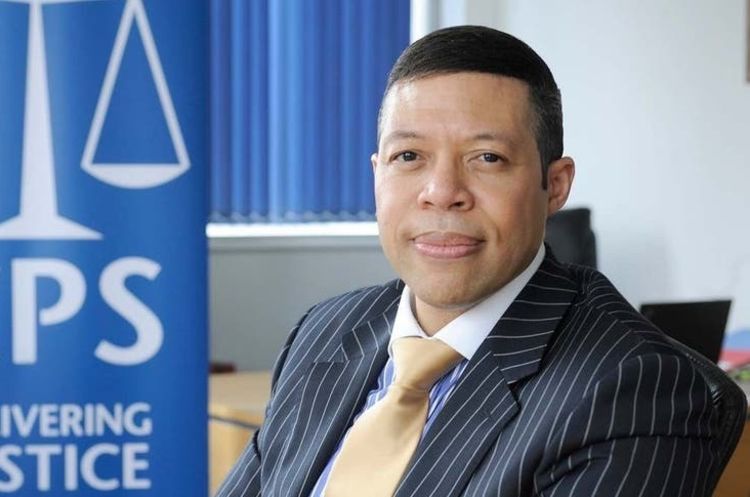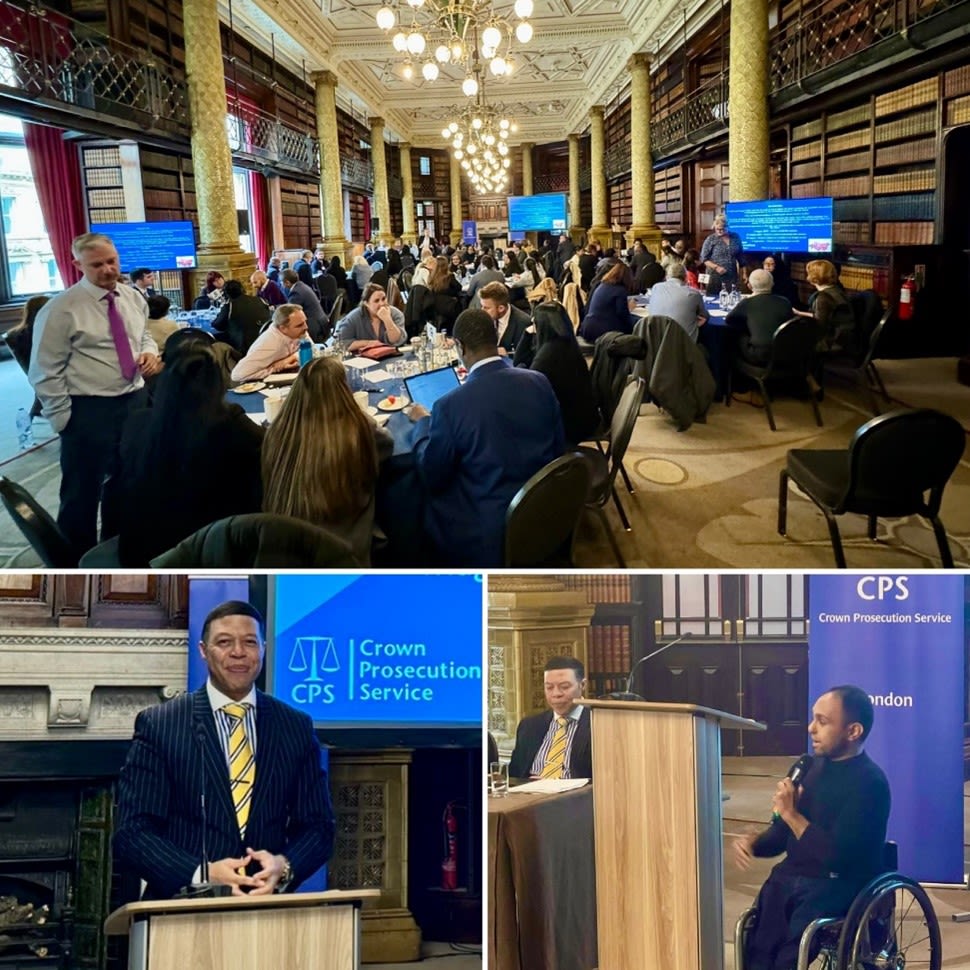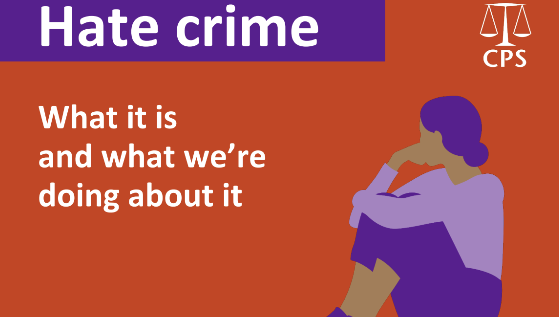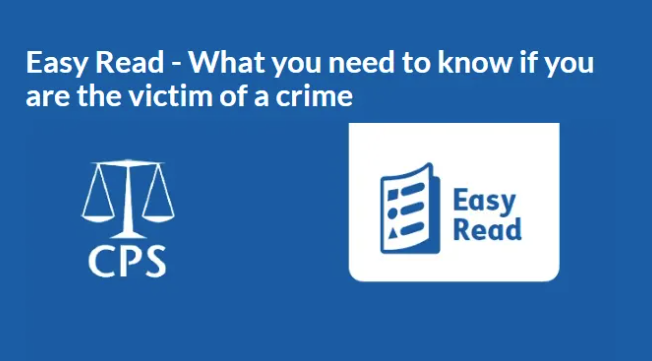Hate Crime Awareness Week
A blog from Lionel Idan, National Hate Crime Lead and CPS Chief Crown Prosecutor for London South
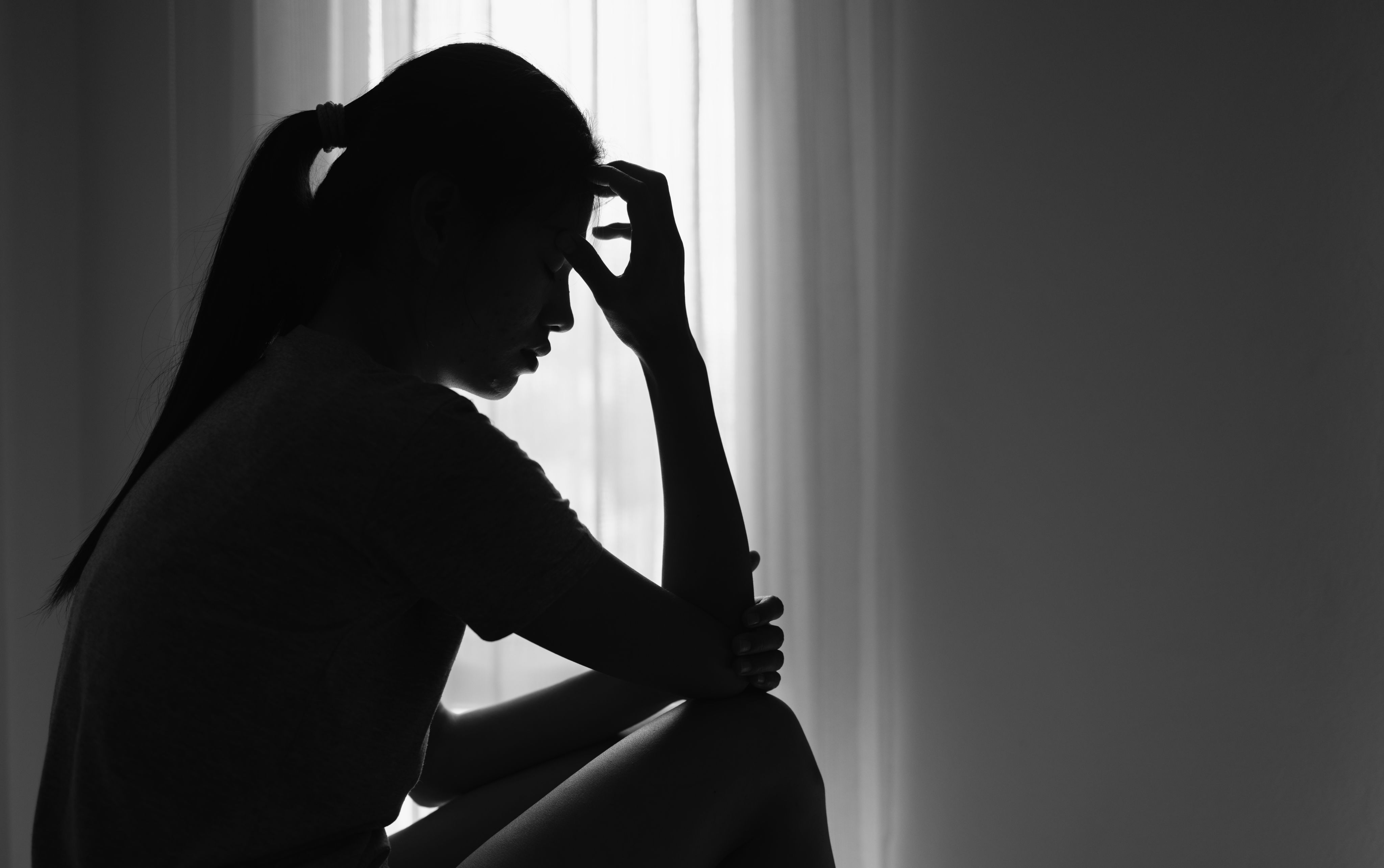
At the Crown Prosecution Service, we understand the devastating effect that hate crime can have on victims, as well as on communities and wider society.
We are committed to improving outcomes for victims of hate crime and continue to work closely with our partners, and communities, to ensure that together we can support victims of such crimes, and tackle hate crime in all its forms.
A great example of this was the recent publication of the CPS’ best practice guide for investigating and prosecuting disability hate crime, which you can read more about below.
Lionel Idan, National Hate Crime Lead and Chief Crown Prosecutor for London South
Lionel Idan, National Hate Crime Lead and Chief Crown Prosecutor for London South
Investigating and Prosecuting Disability Hate Crime: Best Practice
Our best practice guide for CPS prosecutors and police has been shaped by academics, victims’ organisations, policy advisors from our victims’ policy team (and prosecutors and police), and demonstrates our commitment to improving outcomes for disabled victims of hate crime.
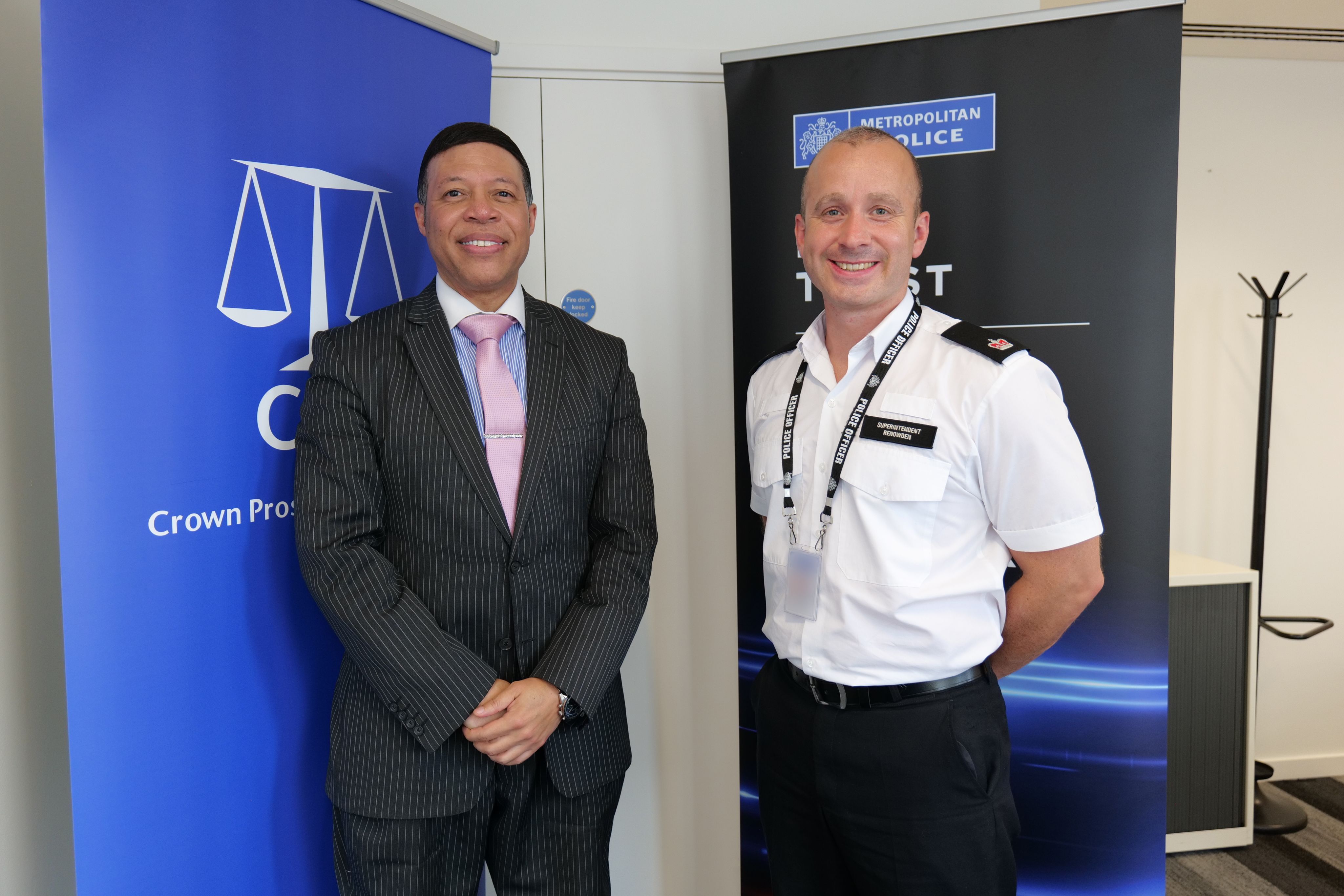
Hate Crime Awareness Week 2024
To mark Hate Crime Awareness Week, I hosted a conference for CPS London South staff which focused on disability hate crime and its intersectionality with other types of hate crime. It was a privilege to hear from our speakers, which included members of the community, who shared their experiences of hate crime and supporting others who have dealt with it.
Guest speakers in attendance included Ayaz Bhuta MBE PLY, a Paralympic gold medallist and a double European Champion in Wheelchair Rugby. Ayaz shared the many challenges he had faced throughout his life, including his lived experience of being bullied as a child and subjected to hate crime as an adult. Currently working with the Welsh Police to raise awareness of hate crime, Ayaz stressed the need to change the perception of disability by educating others on the experiences of disabled people, while empathising and amplifying the voices of survivors of hate crime.
Billie Boyd, an Advocacy and Support Manager at Galop, and Angie Airlie, the Chief Executive Officer of Stay Safe East – a specialist organisation that supports disabled people with experiences of hate crime, domestic abuse, sexual violence and other forms of crime - both talked about the intersectional nature of hate crimes, key steps that agencies could take to build confidence and encourage more victims to report, as well as the nature and breadth of wraparound support services available across the different strands.
I am grateful to each of our speakers who highlighted the importance of placing victims at the heart of everything we do, and of the need to work together to build confidence and coordinate our efforts in tackling the many challenges that still exist. As each speaker reminded us, no victim should ever feel isolated or forgotten and it is our collective duty to ensure that they each receive the support and justice they rightfully deserve.
Further Hate Crime Resources
Reflections on disability hate crime
In this short video I explain the impact of hate crime on individuals and communities.
An online guide to hate crime
Read the CPS' online guide on hate crime to learn what it is and what we're doing about it
Easy Read guides for victims
Easy Read format is used by people with learning disabilities, and others who struggle with standard written information. Our new Easy Read guides use simple, jargon-free sentences accompanied by clear illustrations to enhance understanding.
